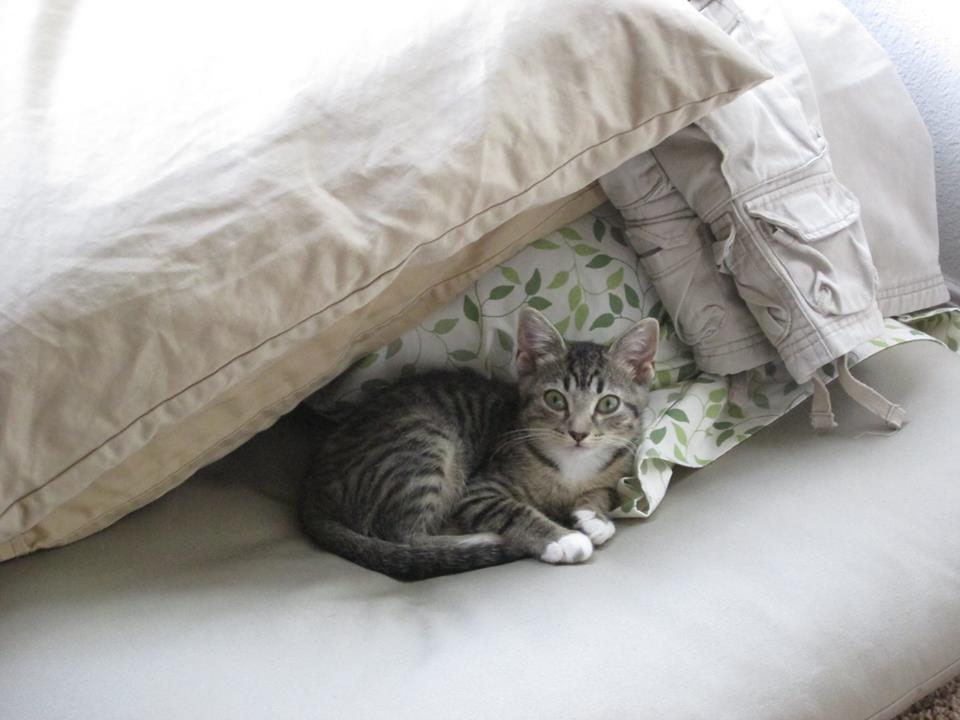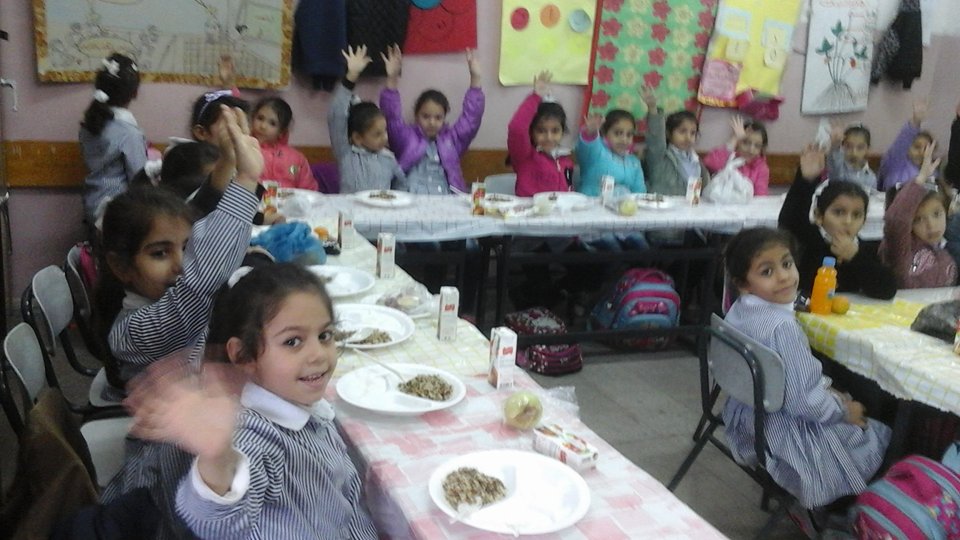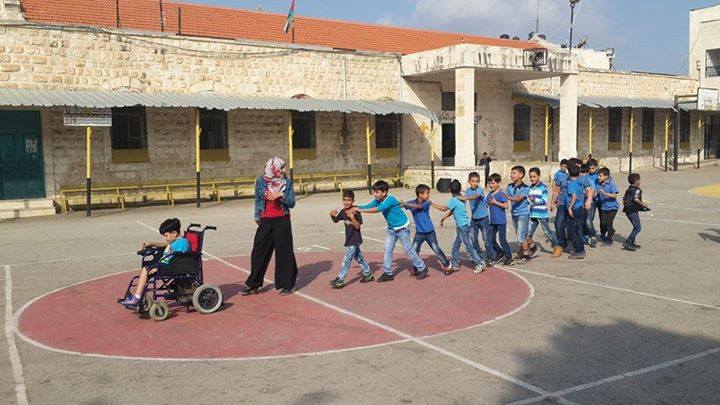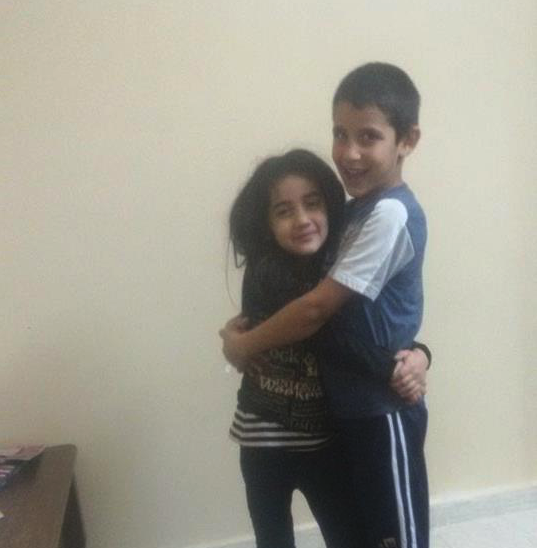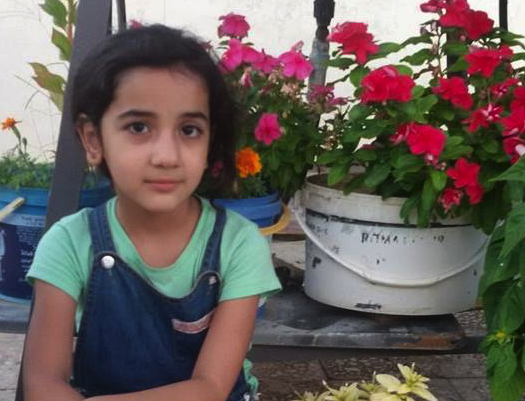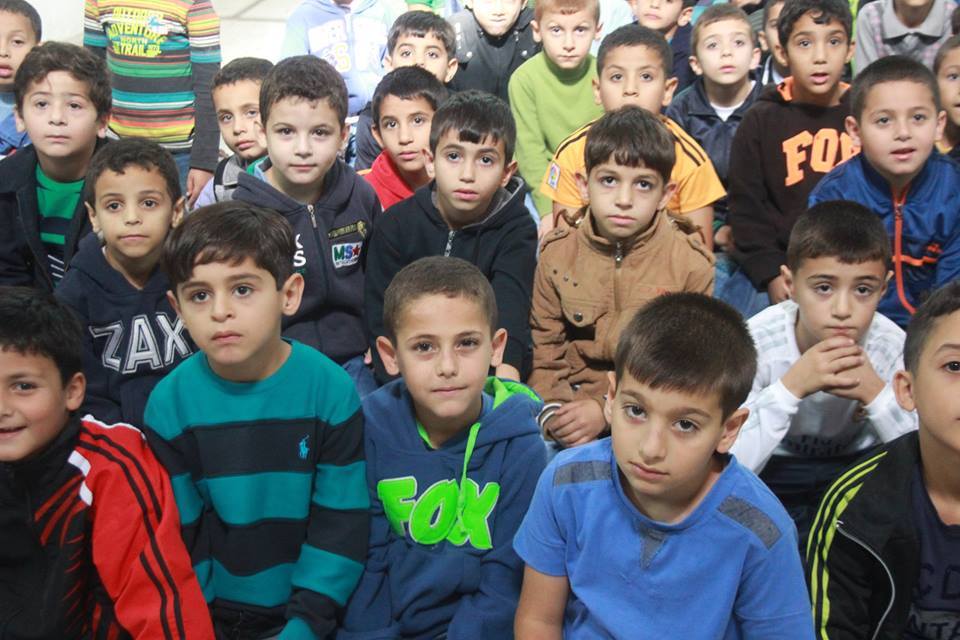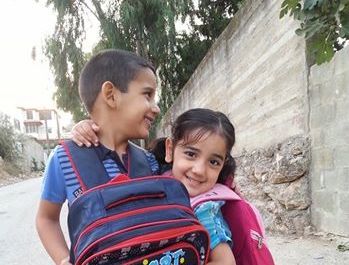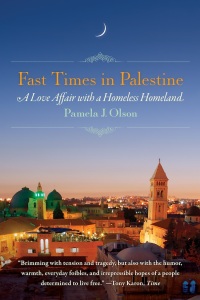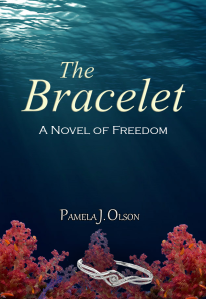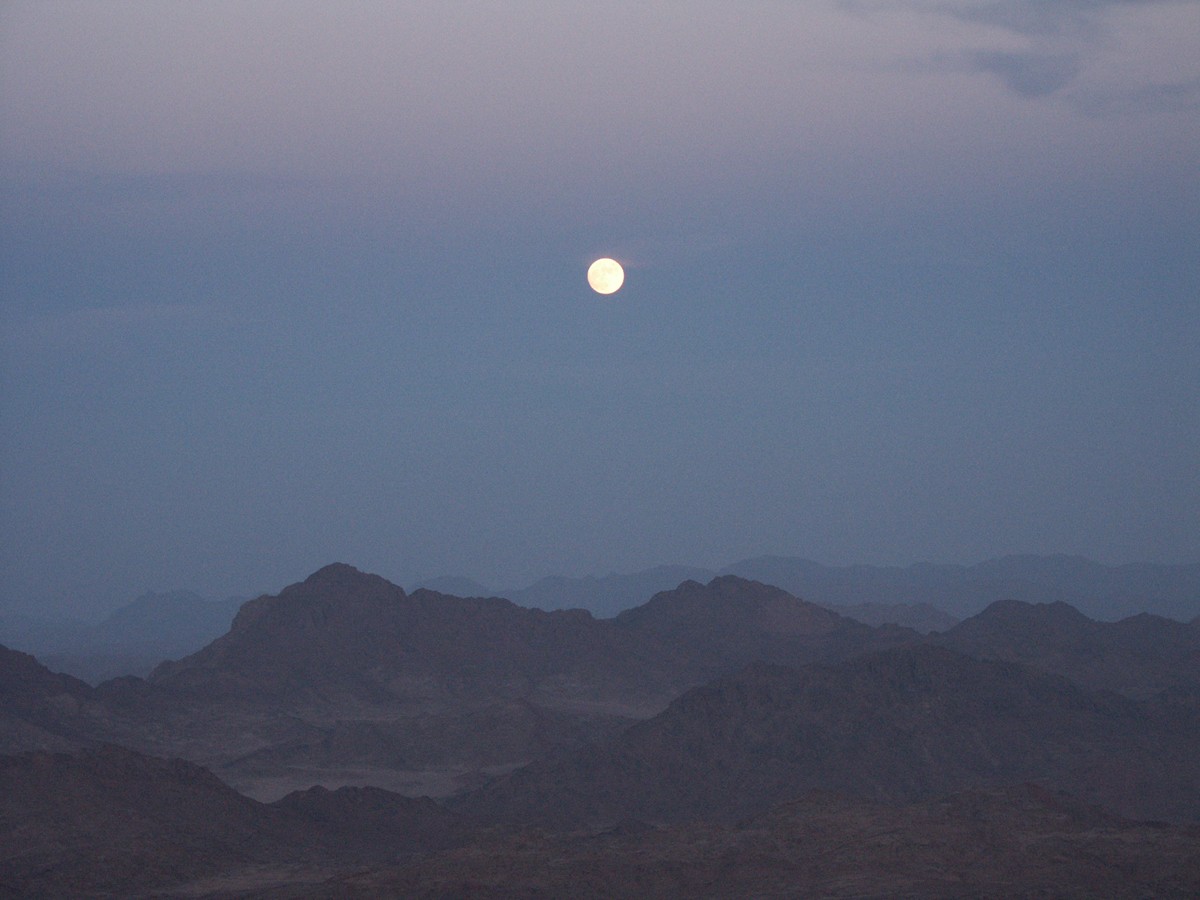
PROLOGUE
Something glinted in the corals. My head lifted to see if anyone might be searching for something. The others were kicking along placidly, their snorkels angled from their heads like tiny smokestacks. I took a breath and dove to get a closer look.
My eyes widened as it came more clearly into view. It was caught on a branch of pale yellow coral, its ends swaying faintly in the current. I looked left and right, almost guiltily, before gently lifting it and tucking it into my bikini top.
Back at the surface I held my breath waiting for one of the women to cry out at the realization of her loss. But even after everyone had climbed back onto the tour boat and plastic cups of rum punch were handed out, no one said anything. Finally I cleared my throat.
“Did one of you lose something while you were snorkeling?”
A dozen sunburned faces looked at me, then at each other, and shrugged. A middle-aged man in a Hunter S. Thompson sun hat eyed me shrewdly. “Why, what did you find?”
I hesitated, then shrugged. “I thought I saw something. I guess it was nothing.” The boat operator resumed his patter about Caribbean sea life, and the subject dropped.
A part of me was relieved. The weight of the well-made piece was thrilling against my skin. But I couldn’t just claim it without a good-faith search for the owner, and if she wasn’t on this boat she could be anywhere. Dozens of hotels spewed tourists into the coral gardens off the Turks and Caicos Islands every day.
In my hotel’s cheerful white lobby I asked the concierge, a dapper Cuban, if anyone had lost a piece of jewelry. “No, Señorita Lauren,” he replied, his inflection skating the line between formal and suave. I tried a few more hotels, but the only hit I got was for an engagement ring thrown into the surf after a man got so blind drunk, he accidentally proposed to a passing cocktail waitress instead of to his girlfriend.
Back in my room I wrapped the object in a blue bandana and stuffed it into a pair of socks in my suitcase. Grabbing an oversized towel, I headed for the powder-white sand a few steps from my door to enjoy what was left of my last evening in this fool’s paradise. It was June, the sultry beginning of hurricane season. A friend had mentioned the off-season deal, and I’d jumped on it like a lifeboat. A lifeboat I couldn’t afford, which in any case would take me straight back to the doomed ship in less than thirty-six hours.
I ordered two piña coladas from the shack bar and walked along the nearly-deserted beach until I found a nice spot and laid out my towel. Great bulbous updraft clouds turn muted shades of pink and lavender as I downed the tropical drinks. I ran a hand down my leg to the anklet I’d been wearing for years, woven from threads I’d bought from Bedouin girls in the colors of the Sinai: midnight blue like the sea, turquoise like the sandy-bottomed lagoons, white like the wavelets crashing against the reefs, and gold-brown like the desert mountains. A talisman of how beautiful life could be. It was ragged and faded now, which seemed appropriate. Conal had been with me on that trip, my best friend from my years of travel. He’d be in New York soon for a journalism conference, but I wasn’t sure I wanted him to see me like this.
I stood too quickly and stumbled a few steps before striding into the warm, inviting water. The sky languidly faded to starry cobalt as I swam past the gentle breakers and into the swells, bobbing with the rhythm of the sea. I looked through the greying clouds to see if I could spot any planets—a comforting ritual that was nearly impossible in New York City. Mars and Jupiter were high and bright. I smiled at a sudden memory of Celeste’s dad showing me Jupiter through his backyard telescope. The wonder of seeing it for the first time not as a featureless white dot but as an entire world with its own tiny pinprick moons. A moment of pure, simple joy and discovery. How long had it been since I’d had one of those?
As the waters darkened, I reluctantly swam back to shore.
In my room I unwrapped the find from the reef and took a closer look. The bracelet was delicately designed, its silvery metal twisted into entwining vines with a diamond set in the space between each twist. The stones refracted even the dull lights of the hotel room into glittering brilliance. I draped it over my wrist to see how it looked against my tanned skin, and the ends came together as if joined by strong magnets. It fit perfectly. The edge of my mouth lifted. Jewelry was something I generally considered an expensive hassle. But this was a work of art.
CHAPTER ONE
New York’s subways are a forlorn place, I thought as I rode the interminable A train from JFK to my cramped apartment in Washington Heights, north of Harlem. It wasn’t just that they were such a rat-hole compared to the palatial Metro of Moscow, the charming trams of Istanbul, or the clean, efficient lines of Paris. The people also seemed depressed, with broken dreams and resignation written on their faces.
I trudged up four flights of grimy stairs, jammed the key in the door, and walked past my roommate Sara, who was washing a mountain of dishes in the closet-like kitchen.
“Hey,” I said shortly, the vibe of New York already washing away the modicum of relaxation I’d felt hours earlier.
“Hey, habibti!” Sara beamed over her shoulder, using an Arabic endearment. Her parents were from Lebanon. “How was the trip?”
“Fine.”
She scoffed gently. “I don’t know which beach you ended up on, but remind me not to go there. Hey, what’s that?” She pointed at my wrist.
I told her about the beach, the boat, and the bracelet. “I think the diamonds are real. It feels heavy, like a serious piece of jewelry. I spent the whole morning calling every hotel on Grace Bay trying to find the owner. I even went to the police. Nothing.”
“Huh,” she said. “I wonder who could have lost it.”
“I have this image in my head of an heiress on a yacht, her arms dripping with diamonds, a casual gesture flinging one of her baubles overboard unheeded.” I pantomimed a beach-bound Holly Golightly throwing her hands in the air theatrically, and Sara laughed.
“Well, my weekend wasn’t nearly as exciting. Work yesterday, solo Netflix and chill today. Anyway, go, unpack. Tomorrow you’ll wake up to a clean kitchen for once.”
“Thanks.” She was terrible about doing dishes, and I appreciated the effort. I didn’t really need to unpack, though. For a year I’d been living out of my suitcase as if I might be called to bigger and better things at any moment. In my small room with its ancient wood floors and Craigslist bed, desk, and office chair, I opened my laptop to see if any agents had gotten back to me (nope) and to scan the news in the Middle East (more of the same). My glance shifted to the room’s only decoration, a collection of quotations taped to the wall.
One read: “Far and away the best prize that life has to offer is the chance to work hard at work worth doing.” —Theodore Roosevelt.
“Easy for you to say,” I muttered. “You were president of the United States.”
My eyes moved to the bookshelf, where half a dozen copies of my first book, Balkan Bruise, were lined up on the bottom shelf. Not long ago it had been a point of intense pride. I’d scraped by for a few years after college with odd jobs and writing gigs—like George Orwell and Frank McCourt before me, I liked to think—following what I thought was my passion. When I sold the rights to Balkan Bruise for $40,000, it felt like a sign from the universe that I was on the right path. It was such a thrill to see it in a major bookstore for the first time lined up next to bestsellers and classics.
But sales never really took off, and soon the next season’s books rolled in, and that was that. I knew it could happen if you weren’t lucky enough to break out. It was, in fact, the normal life cycle of most books. But it was jarring to watch six years of life and work fade away like it had barely happened.
I shook it off and used the advance money to explore the Middle East for two years and pour every ounce of talent and heart I had into my second book, The Silver Olive Tree. I envisioned this more ambitious and elegant project catapulting me into middle age with a life of travel, royalties, and doing what I loved full-time.
My publisher returned it so fast I wasn’t even sure they read it. Citing the first book’s poor sales, they cut me loose. My agent, blessed with a smarmy bestseller soon to be made into a major motion picture starring Emma Stone, dumped me as well.
Somehow I convinced myself it was only a minor setback. I moved to New York to find a new agent and publisher, taking on yet more odd jobs and writing gigs in between going to conferences, workshops, and author events. A few leads had raised high hopes. More than one agent said my book was great but not right for them—the literary equivalent of ‘It’s not you, it’s me.’ But after a solid year of rejection, my hopes were starting to fade.
I leaned back and closed the laptop in frustration. It was a common New York story anyway, bordering on cliché. Sara wanted to be an actress. With her black ringlets, pale olive skin, and expressive blue eyes, it would be a waste if her face was never on a movie poster. But every time she got an audition, they’d tell her she didn’t look white enough to play a white girl and didn’t look Arab enough to play an Arab. For now she worked at a box office on Broadway.
My stomach rumbled. I was starving but not in the mood for beans and rice or an egg sandwich or any of the other cheap staples we lived on. Without thinking I mused out loud, “I wish we had a tiramisu in the fridge like the one I had at that little café in northwestern Italy. It was so humble, a mess of ingredients in a thick glass bowl. It looked terrible, actually. But then I bit into the first spoonful, and it was like… I can’t even describe it. Like eating love.”
There was no response from the kitchen, but I heard the faucet turn off.
“The mascarpone was probably made in the hills behind the village. The waiter’s grandmother probably sifted the cocoa by hand.” I sighed deeply. “There’s just nothing like that around here.”
The sound of clinking glasses emanated from the kitchen. “How about a glass of Trader Joe’s finest instead?”
I set the laptop aside and picked myself up. “Sounds like a plan.” I was a few steps from the kitchen when I heard a gasp.
“Lauren!”
“What?”
“You’re going to share, right?”
I looked in at her. “Share what?”
She raised an eyebrow. “The dessert in our fridge. The one you were just describing.”
“What?” I asked again, not sure what she was playing at.
She opened the refrigerator door wider. On the middle shelf sat an exact replica of the tiramisu I had enjoyed so thoroughly in the Cinque Terre, down to the heavy glass bowl.
The hairs on the back of my neck stood up. “Where did that come from?” I sputtered.
“You tell me,” she said and pulled the bowl out of the fridge. “Grab some spoons, this looks amazing!” I did as I was told, feeling like a computer that had divided by zero.
She took a bite directly from the bowl. “Oh my God.” Her eyes fluttered. “You were right. This may be the best thing I’ve ever had in my mouth. Seriously, where did you get it? And…” She narrowed her eyes. “Wait, when did you sneak it in here?”
“I didn’t. I had nothing to do with it.” I looked at her quizzically, wondering if she was punking me. Her look mirrored my own. I took an experimental bite and was immediately transported to the carefree time at the beginning of my travels when the world was so rich and open, with broad and welcoming horizons, and I could be anything I wanted, just like they told me in grade school.
Sara chuckled uneasily. “Well, I guess we have a tiramisu fairy godmother?”
“Or a generous neighbor.”
“Who broke into our house?”
“Maybe you forgot to lock the door. Or was it the super? Is he Italian? Is it your birthday or something?” I asked
“Not until December.”
“Weird…” We looked at it awkwardly for another few seconds. “I guess I’ll ask him about it next time I see him.”
“You do that. Meanwhile…” She scooped half of it onto a plate. “Wherever it came from, it’s amazing.” She kissed the air good-night and retired to her room.
I took the rest to my room and felt increasingly uneasy as I ate. It was truly perfect. And what an odd coincidence that it would show up on the same night I had that completely random thought. Drowsiness warred with confusion until I was too tired to keep trying to puzzle it out. I popped my earplugs in and fell asleep to the sound of my beating heart.
* * *
“Happy Birthday, Mom. Sorry I’m a little late…”
It was the next morning after a breakfast of three eggs on a bagel to make up for having dessert for dinner the night before. I didn’t plan on telling her about my flagrantly escapist trip to the islands. It was an open question how I’d pay off that credit card bill, and I didn’t need her to tell me how ridiculous it was.
“Don’t worry about it. I would have forgot it myself if Roxana hadn’t fixed me an apricot pie.”
Roxana never cooked, so it was quite a gesture. “How’d she do?”
Mom paused a moment too long. “Bless her heart…” she began. “It was really sweet.”
“Yeah, it’s the thought that counts.”
“No, I mean she put in four times as much sugar as she was supposed to.”
I laughed. “Well, it’s better than the time she overloaded the biscuits with baking soda.”
“Oh Lord, I almost forgot about that. I don’t think there’s anything sadder in the world than a whole pan of hot buttered biscuits in the trash.”
I sighed. I’d left Kansas with such big dreams. Right now, biscuits and apricot pie sounded better than anything I had going on.
“Anyway, what’s eating you? You sound kind of mopey.”
I raised an eyebrow at the phone. Mopey? You couldn’t say something dignified, like ‘depressed’ or ‘mired in existential despair’?
“I don’t know. I guess it’s been a year since I came to New York, and I’m not sure…”
“You don’t think you’ll ever sell that book?” She sounded like she’d been expecting it, which felt like a subtle knife in the ribs.
“I don’t know,” I said evenly. “I’m not sure what to do. Nothing seems to be working.”
“Well, that’s how it goes. I wanted to be an actress until I met your father.”
I slowly closed my eyes. Mom’s acting dreams had withered after she got pregnant at age nineteen—with me. I had killed her dreams and now mine were dying, too.
I opened my carved wooden jewelry box, a gift from a host family in Sarajevo that held a few nostalgic treasures: a dog tag given to me by a Russian soldier I had kissed on a train; an amulet of carved bone from a Buddhist monastery in Siberia; a seashell from a valley in the Sahara, evidence it had been under the sea millions of years ago; and now the bracelet. I pulled out the latest addition and tilted it back and forth to catch the light. I had always been careful with money, almost to a fault. Being frugal meant having the freedom to do what I wanted. Maybe maxing out my credit card was a subconscious attempt to force my hand—to give me that final push to find a steady paycheck and leave all this hope and uncertainty behind.
“Anyway, there’s a party tonight. Some ritzy college reunion thing. Maybe I’ll meet someone there who can help me find a real job.”
I could almost hear Mom brighten at the thought.
* * *
I let my hair dry in large curlers, put on a little black dress I’d bought at a thrift store when I was in college, brushed on eyeliner, and finished with lip gloss and turquoise drop earrings. The dress was a size too big, and its shade of black didn’t quite match the lightly scuffed ballet flats I borrowed from Sara. The bracelet was a bit much, but people would probably assume it was fake. I doubted I’d have a better excuse to wear it for a while.
The party was at a private residence on Central Park West. The doorman pointed me to a gilded elevator, which opened into a spacious apartment on the fourteenth floor with a wall of windows overlooking the green trees of Central Park. The couches were cream-colored, the rugs lush with patterns of cream and beige. Abstract wire sculptures adorned large niches in the walls.
Bracing myself, I walked toward a group of alums. They all had that polished New York look with three-figure haircuts and dry-clean-only clothes. As they chatted with aspartame smiles, brightly asking each other, “And what do you do?”, my mind drifted to another kind of gathering, a house party on a rooftop somewhere in the Mediterranean where the guests couldn’t possibly care less about anyone’s status or job title.
“Lauren!” I heard from the direction of the elevator. I turned and saw Anna, my freshman year roommate, saunter into the room. Effervescent, blonde, and originally from Manhattan, she was totally at ease at these types of gatherings. Last I heard she was working seventy-hour weeks at a consulting firm. Whatever that was.
“Hi Anna,” I said, relieved to see a familiar face.
“How’s it going, world traveler?” she asked playfully.
My left eye twitched involuntarily. “Where’s the wine?”
She hesitated, then smiled knowingly. “I think people are heading in that direction.” We followed them to the dining room, where bottles of chardonnay were lined up like soldiers next to bottles of zinfandel. Behind them lay an impressive spread of appetizers.
“Great,” I said, grabbing a bottle of zin. “The only two kinds of wine I don’t like. I wish they had just one bottle of cabernet.”
Anna blinked, her expression wavering between confusion and concern. “That’s a cab, isn’t it?” I looked at the bottle I was holding. “Lucky you,” she said. “I wish they had a sauv blanc, but oh well.” She poured herself a cup of the chardonnay.
I was still peering at the bottle in my hand. “But… this was a zinfandel when I picked it up, wasn’t it? The bottles were all the same.”
Anna stared for a moment, then dropped her voice. “Honey, you seem tense. And I think you’ve lost weight. Are you OK?”
I sighed and gave her a run-down of what was going on in my life as I opened the lone bottle of cabernet and filled a clear plastic cup. Anna pursed her lips in a sympathetic frown, then perked up again. “Well, you can always write,” she said cheerfully. “As a hobby, I mean.”
I nodded at the sage advice, downed the wine quickly, and poured another cup, then another.
I wasn’t exactly sure how I ended up sitting on the floor next to my bed back in my apartment. A few hours, I realized with some alarm, were missing. That hadn’t happened since college. I stood up shakily, sat on the edge of the bed, and rested my forehead in my hand.
“God I wish I had a cup of coffee,” I muttered.
The scent of coffee filled the room and I slowly raised my eyes. A steaming mug was sitting on the desk next to my laptop. The mug was made of thick white ceramic, the kind found in diners. I hadn’t noticed it when I came in. Had Sara left it for me?
A wave of nausea rolled over me. I lunged for the wastebasket at the foot of the bed and heaved into it. The trash can had mesh sides, and my wine-stained offering began oozing out of it and onto the cracked hardwood floor.
Grimacing, I slurred, “Ugh, I wish I didn’t have to clean that tomorrow.”
The vomit vanished. I barely had time to register this before I hurled again. I wiped my mouth. “I wish that puke would go away, too.” It did, and I raised my eyebrows wanly. I’d never hallucinated while drinking. It was vaguely worrying, but I wasn’t in the right state of mind to worry very much.
Flopping onto the bed, I pulled off my clothes and lay my head on my cheap, squashed-flat pillow. “I wish it was thicker,” I murmured and felt it rise beneath my head like baking bread as I drifted off.
###
Thus begins an adventure that will take Lauren to Croatia, Switzerland, Beirut, and the Sinai, and [spoiler redacted] as she explores the mysterious object around her wrist and the mysterious forces that shape who we are.
Two more chapters are available to anyone who might like to read them. Just email me at pamolson at gmail dot com. Thoughts, questions, and feedback are always appreciated!
Here’s a synopsis in the style of mainstream literary fiction. Feedback on this is welcome as well.
Sinai Moon
Lauren Clay is a writer and world traveler who, after a decade of “following her dreams,” has reached the end of her spiritual and financial rope. She’s on the cusp of dropping it all and getting a “real job” when she finds a strange object that offers the terrifying gift of unconditional freedom.
In the weeks that follow she explores the meaning of success in Switzerland, romance in Beirut, and the heights of the human spirit in the Sinai. Just as life is starting to make sense, a series of small acts of carelessness snowball into dire consequences for herself, her family, and those she loves, threatening to undermine everything she’s learned about how to live well in a world full of uncertainty.
Packed with romance and adventure, humor and wisdom, Sinai Moon is at once a thrilling travelogue and a compelling work of literary fiction that explores the gulf between the way life is and the way we expect it to be.

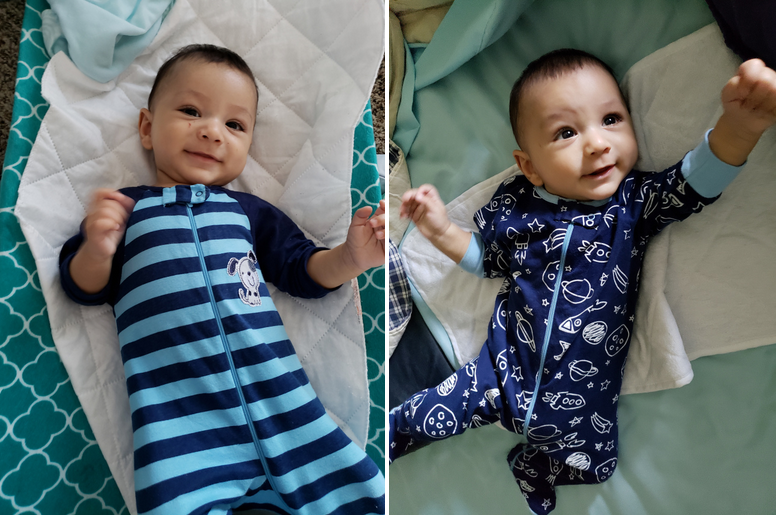
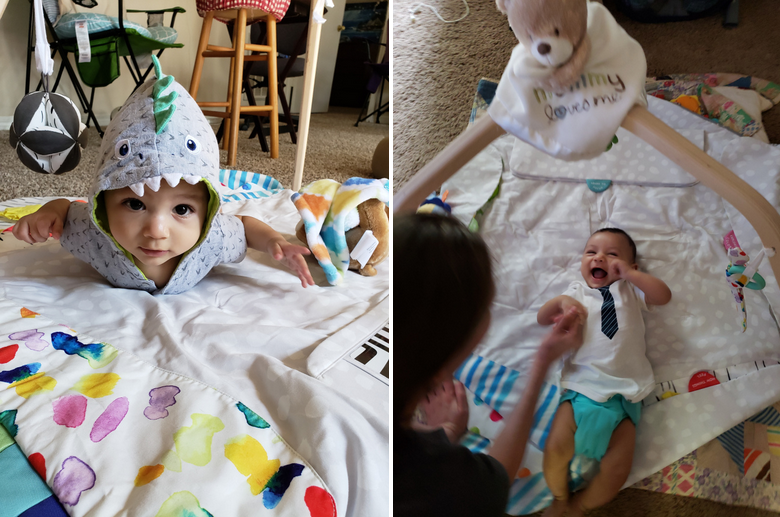
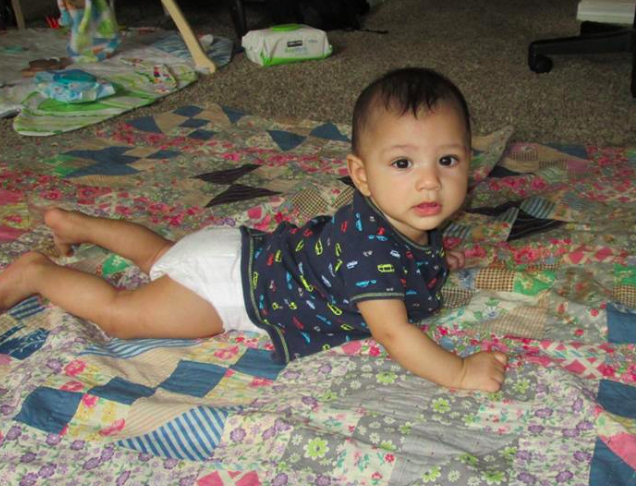
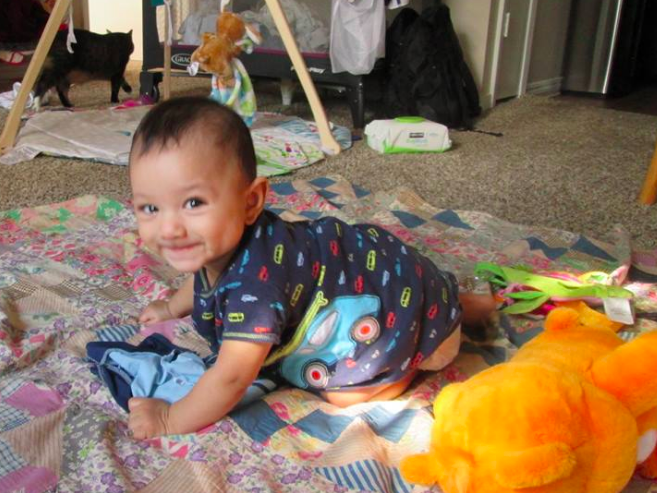
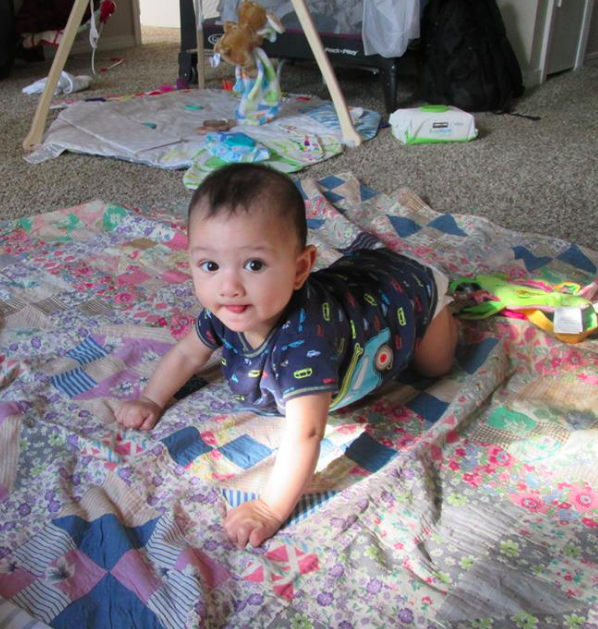



































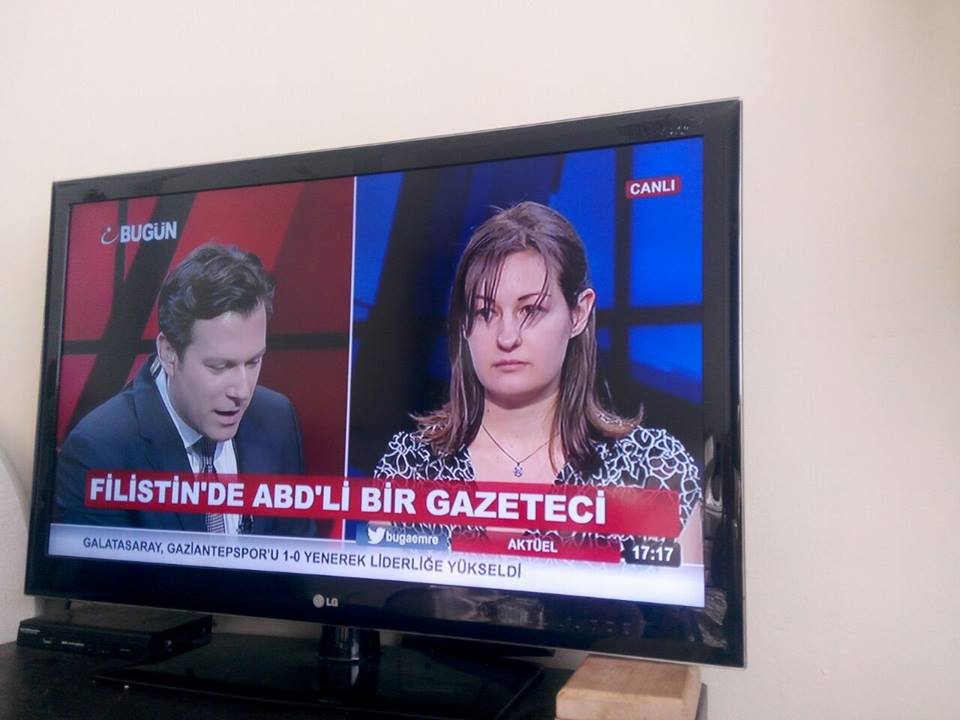
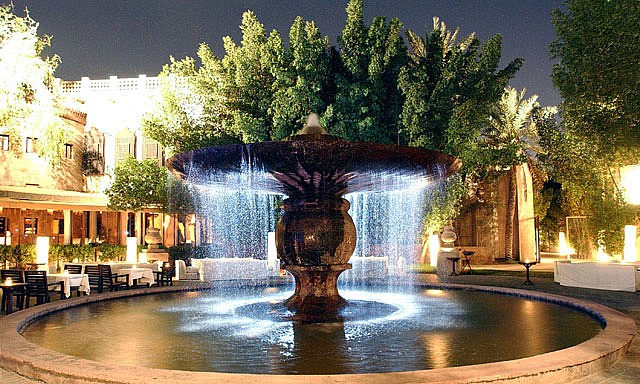 I don’t think this picture conveys how truly massive that Fontaine is
I don’t think this picture conveys how truly massive that Fontaine is The band
The band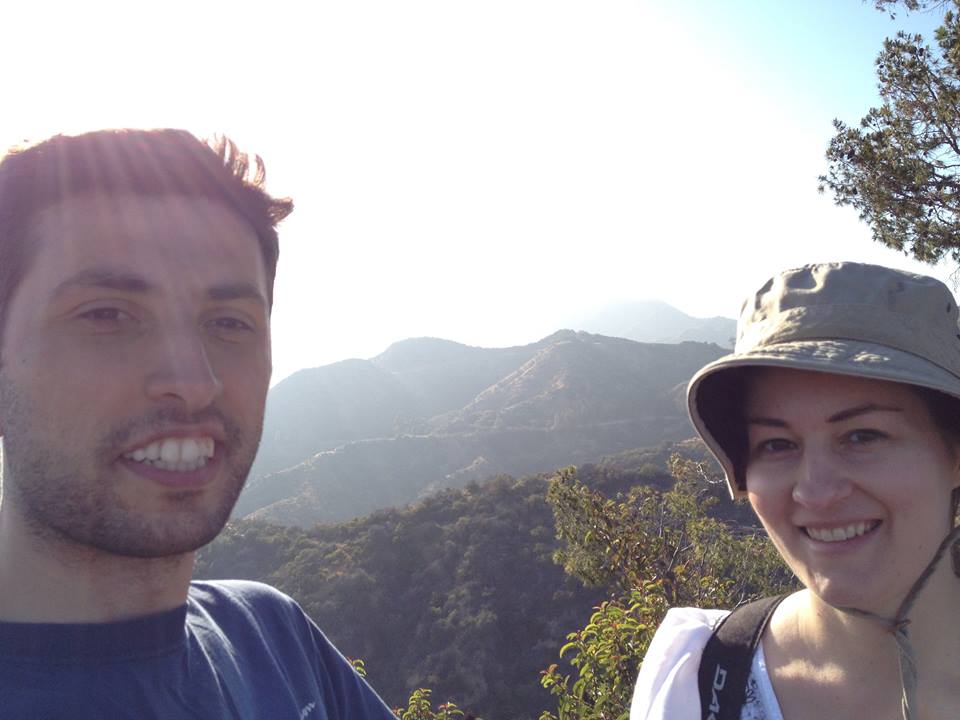 Had to see Hollywood… even though you can’t really see it
Had to see Hollywood… even though you can’t really see it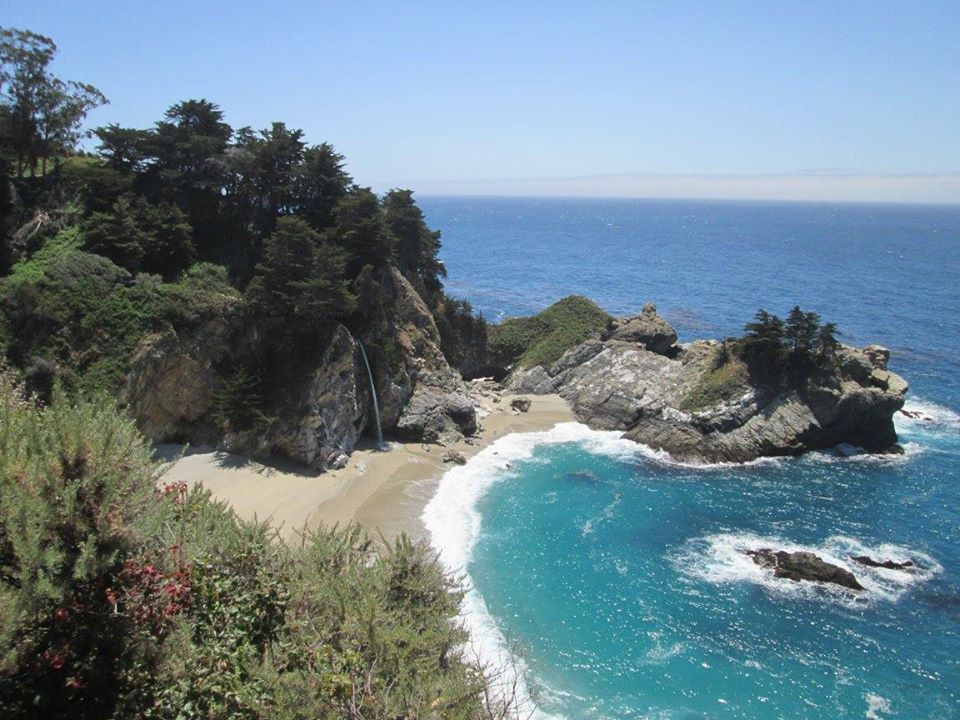 McWay Falls in Big Sur
McWay Falls in Big Sur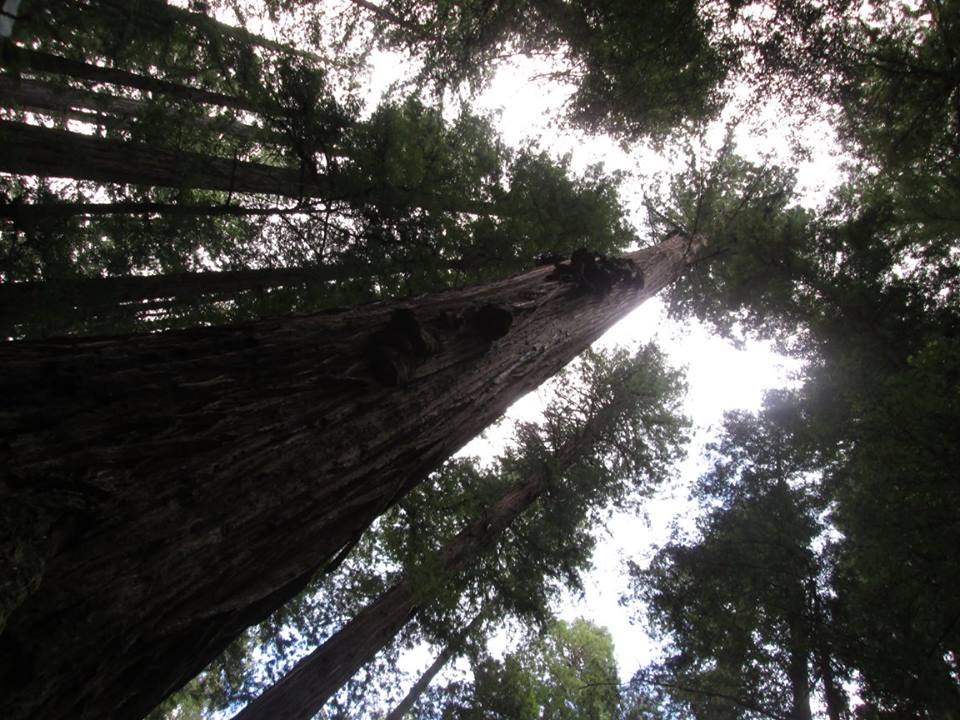 Redwoods
Redwoods